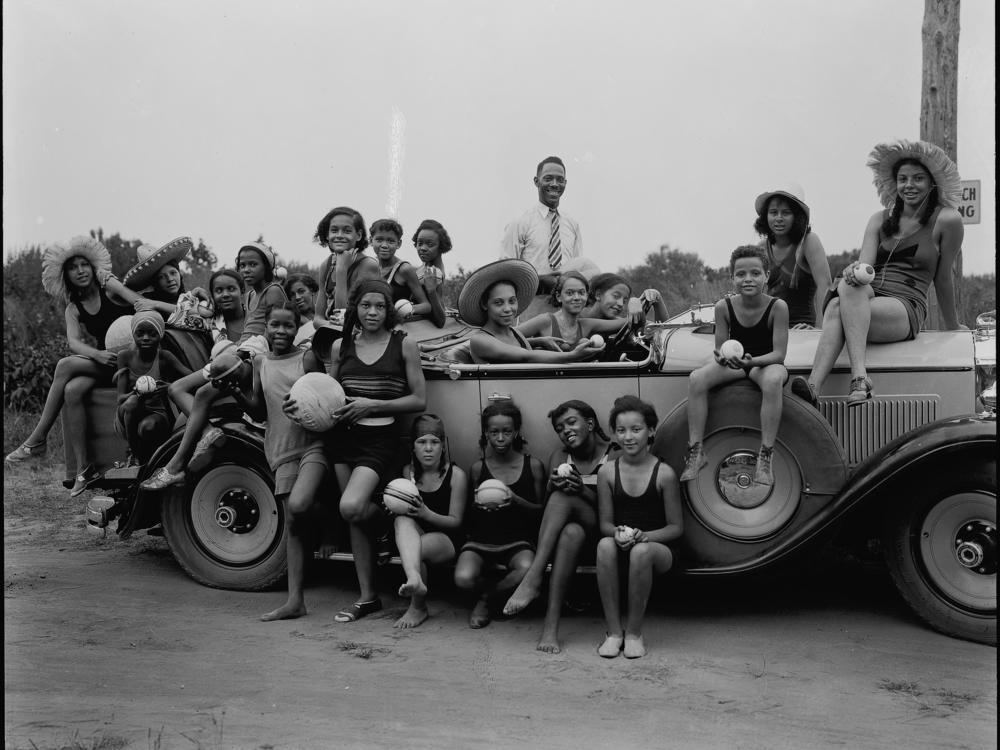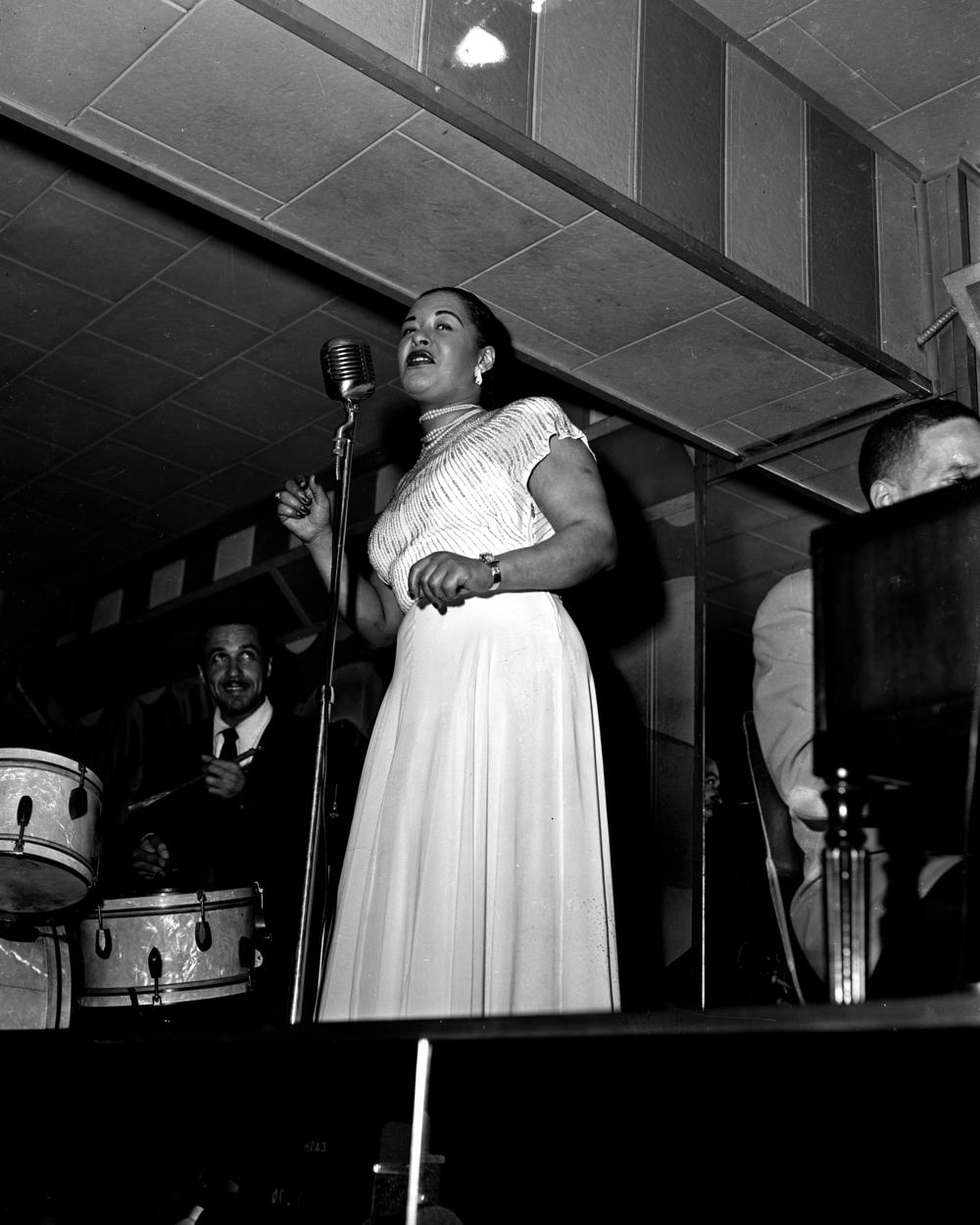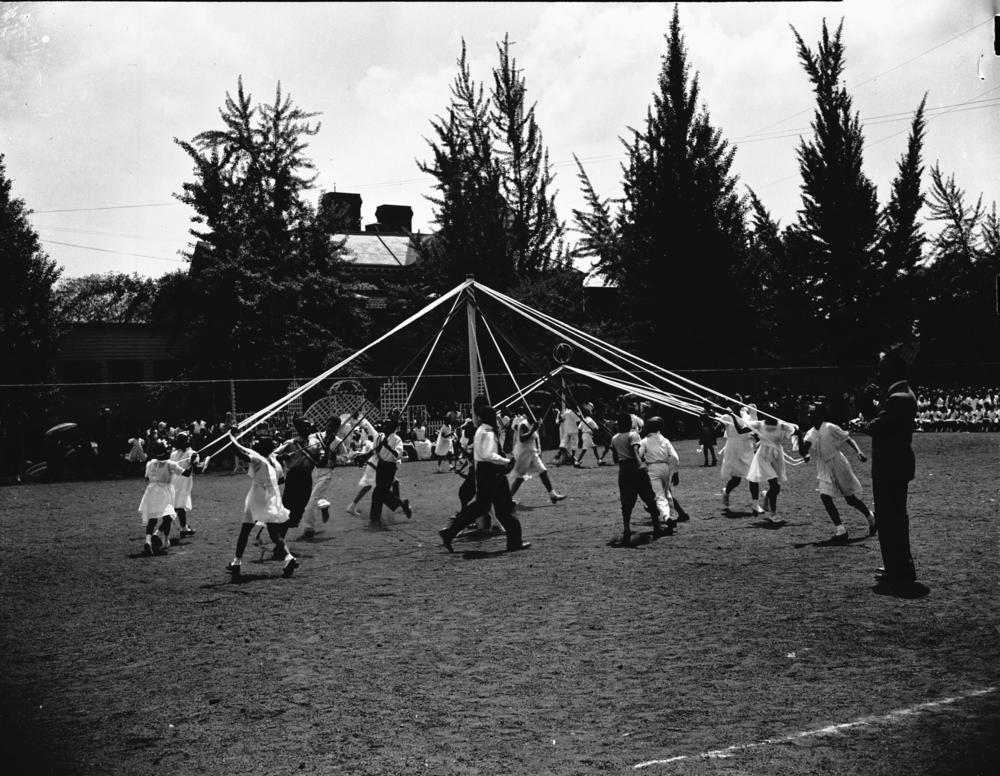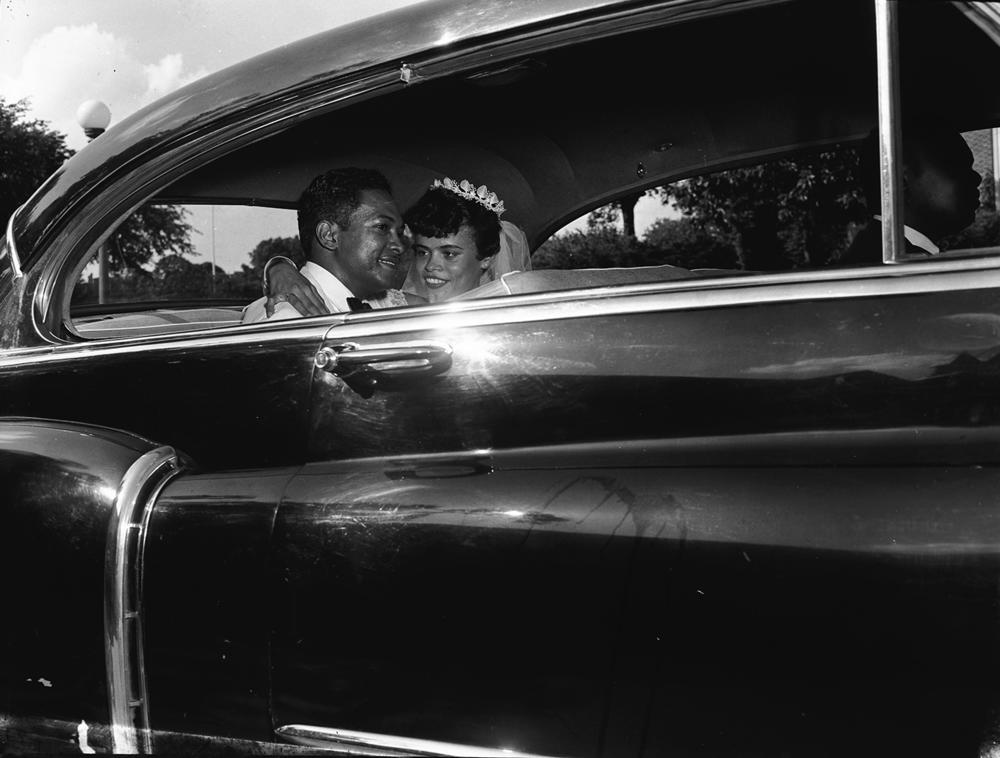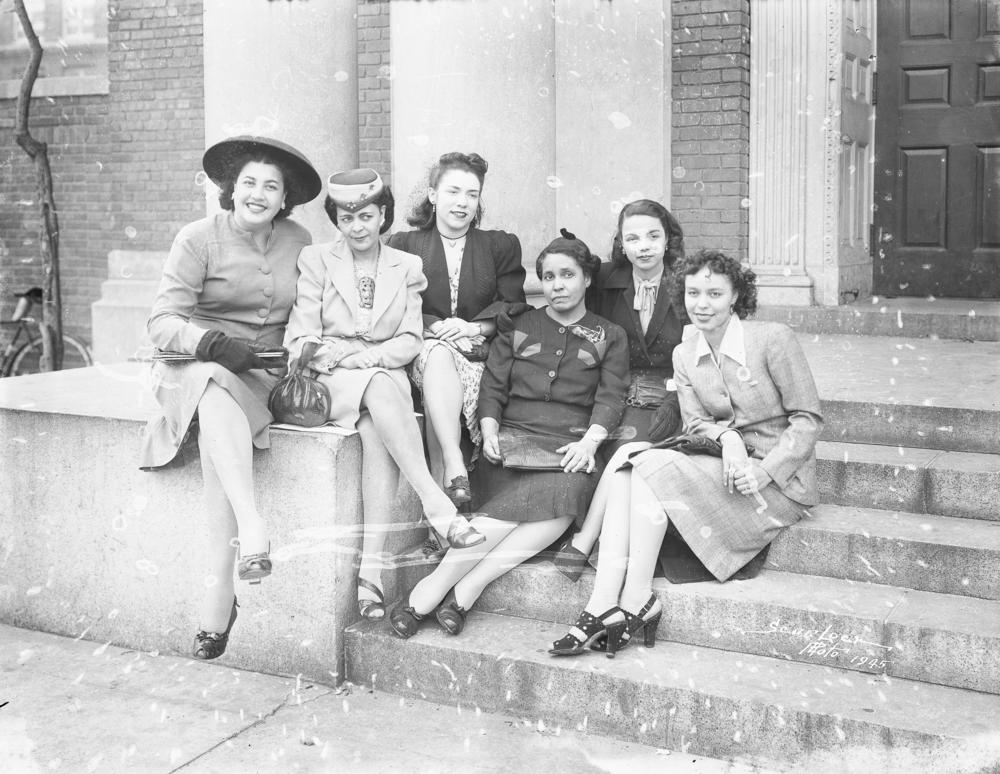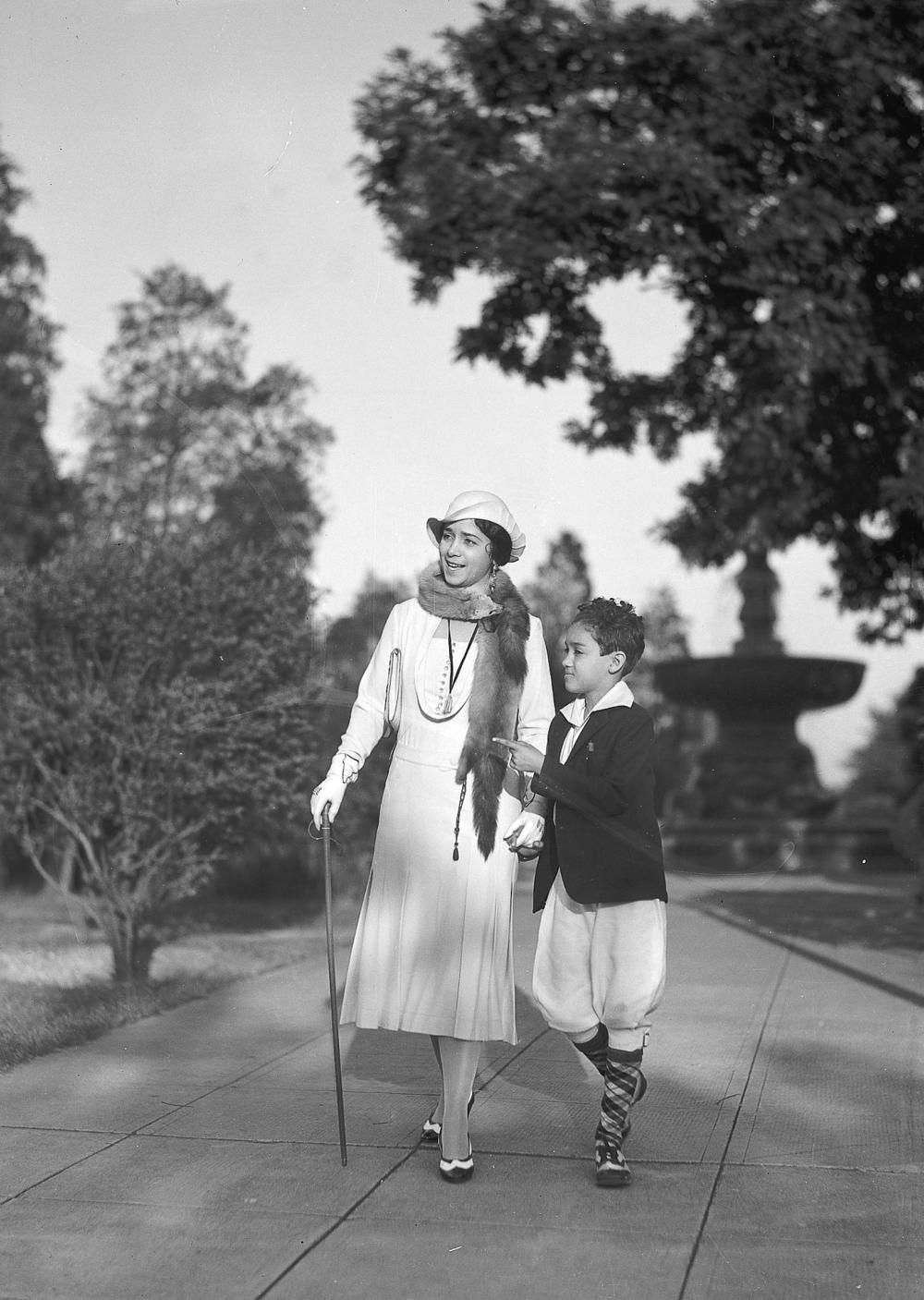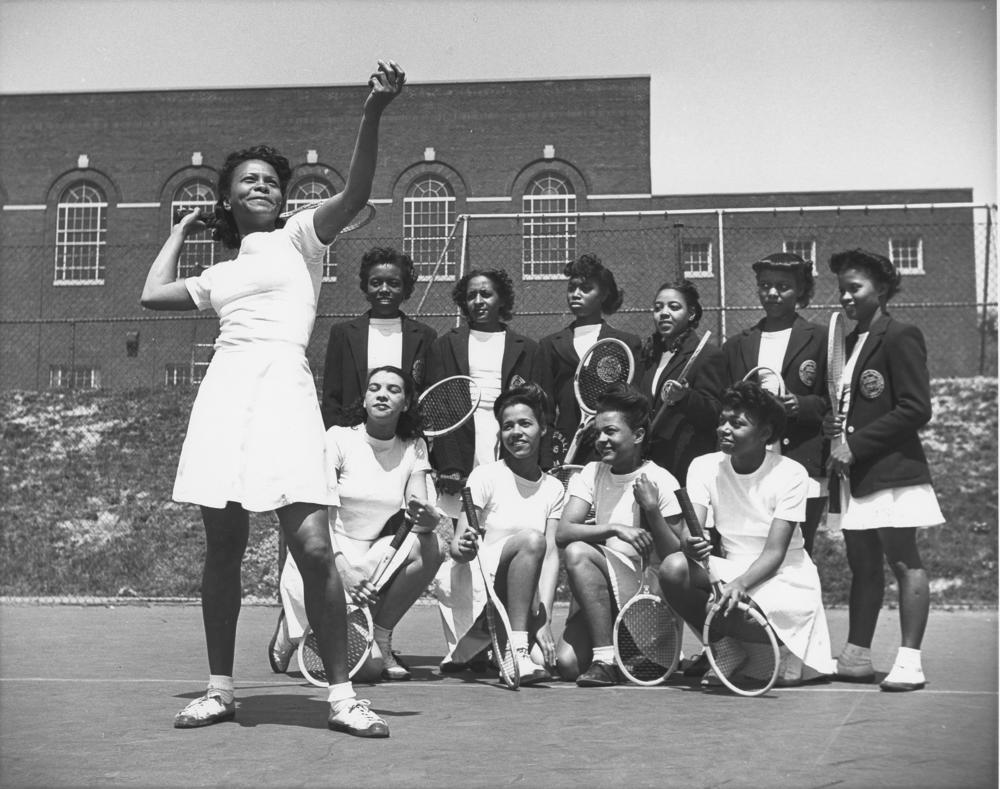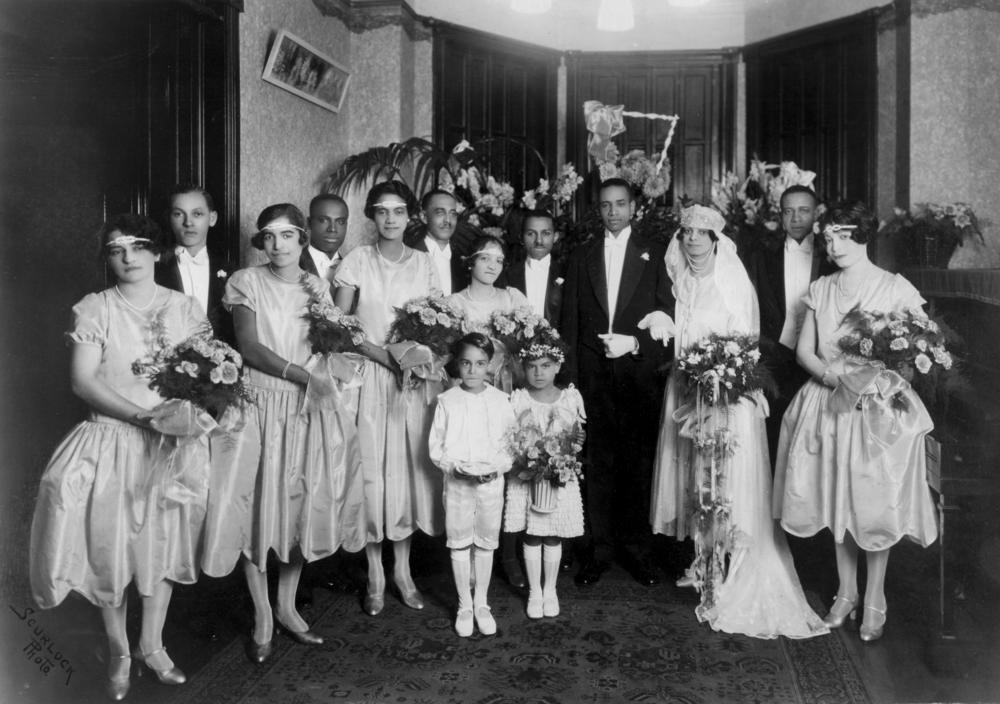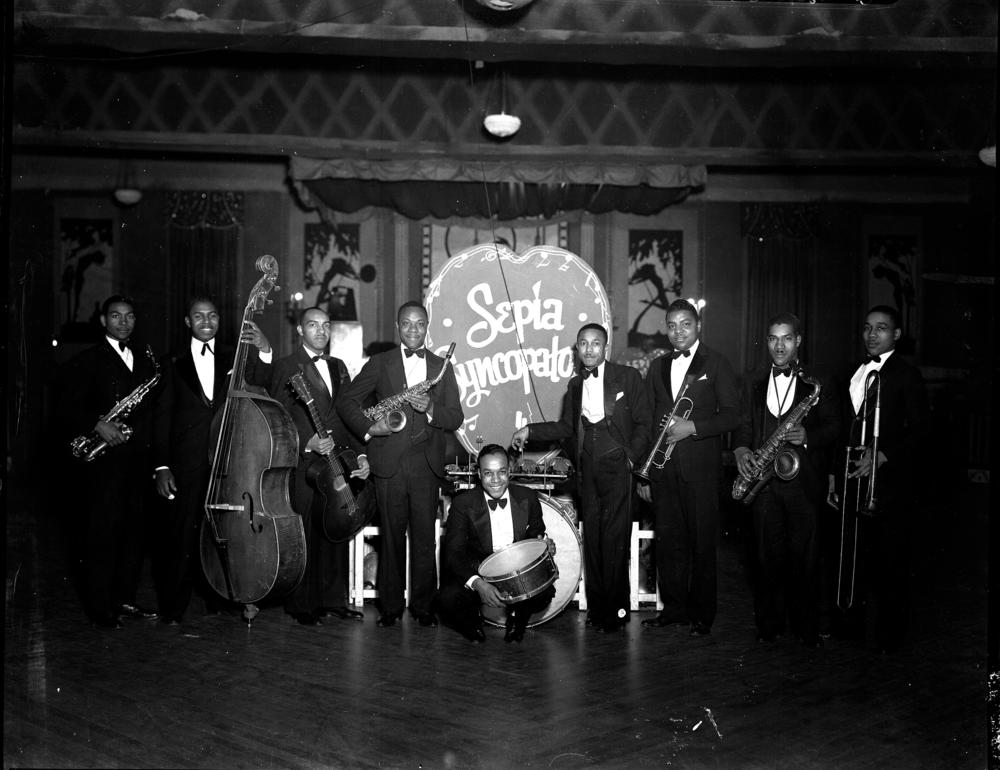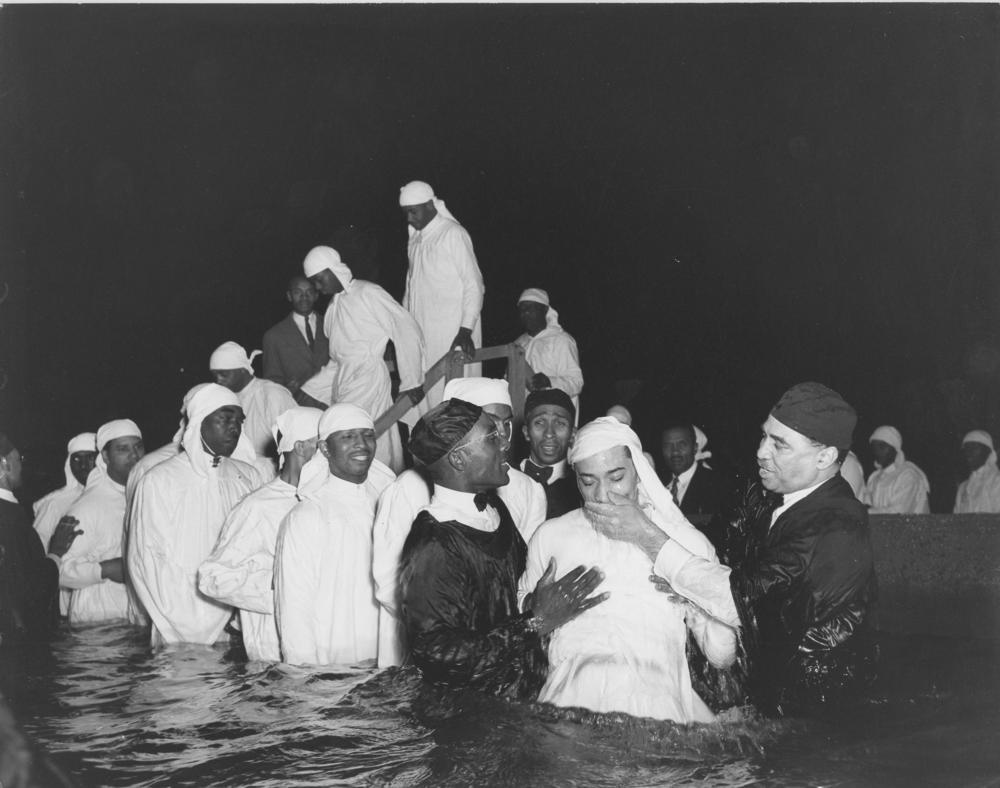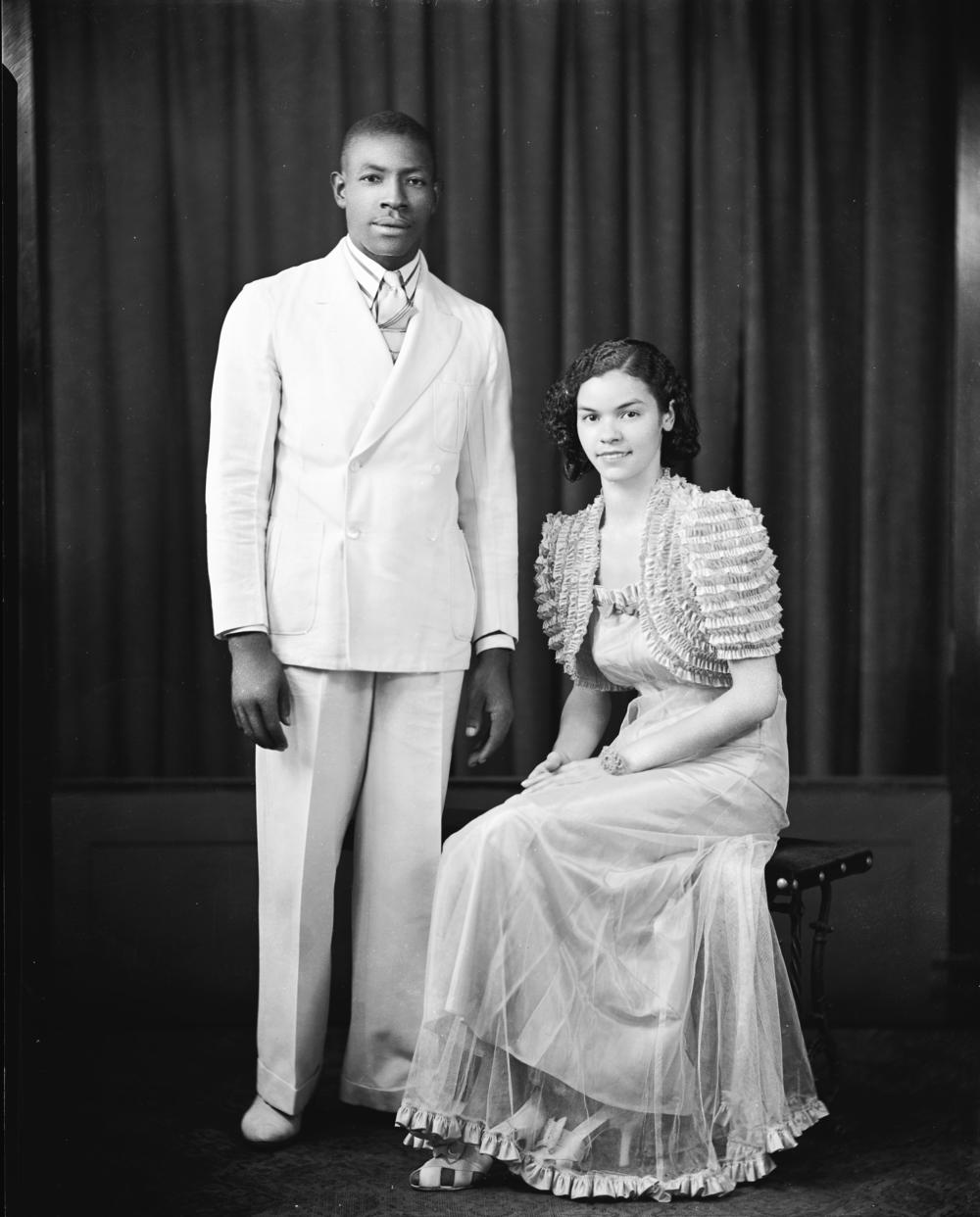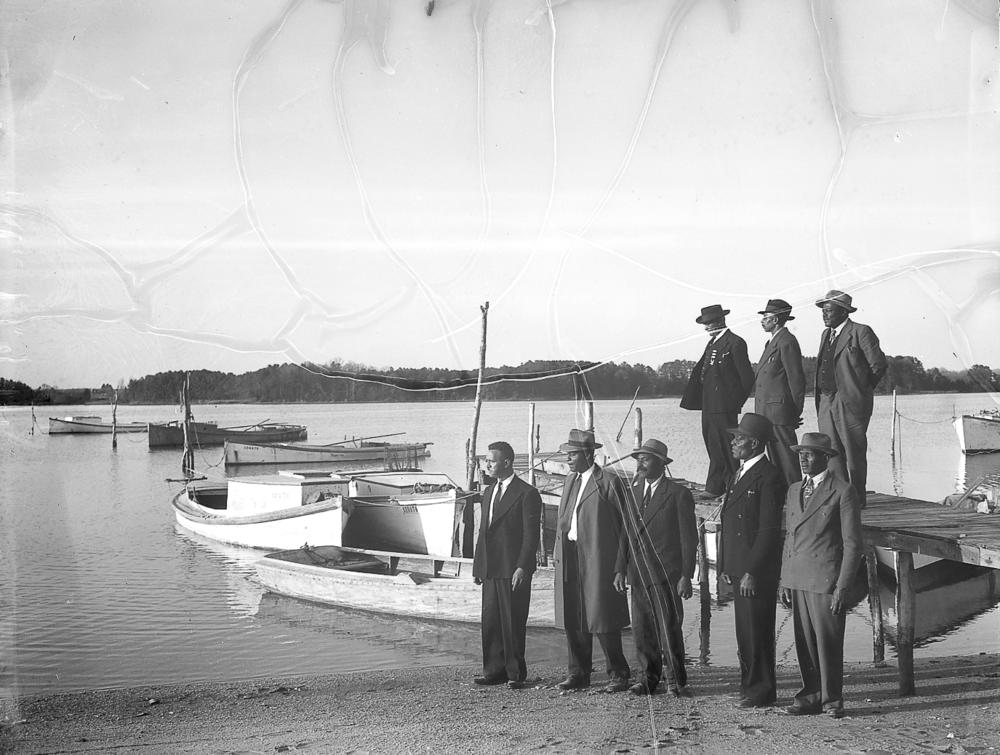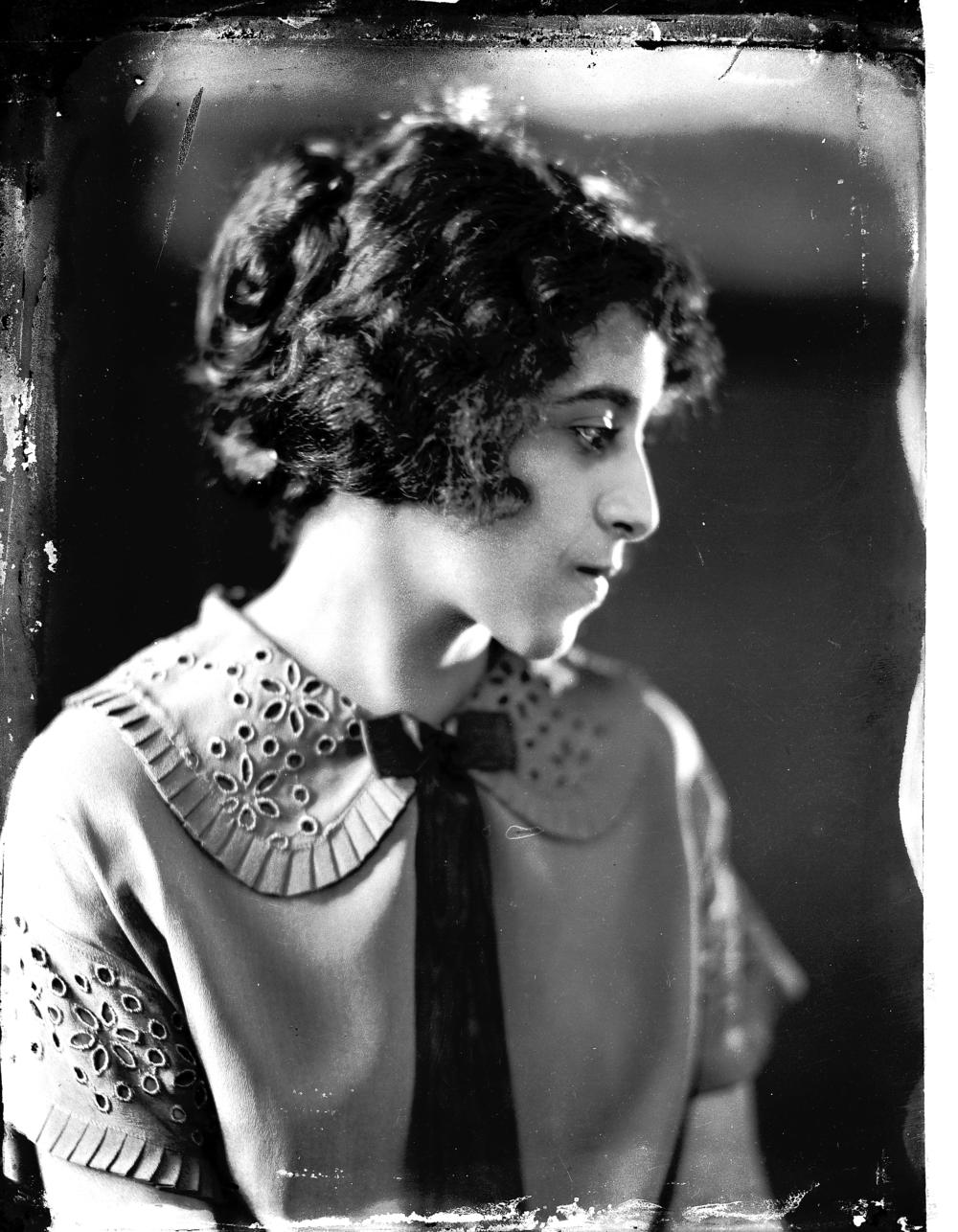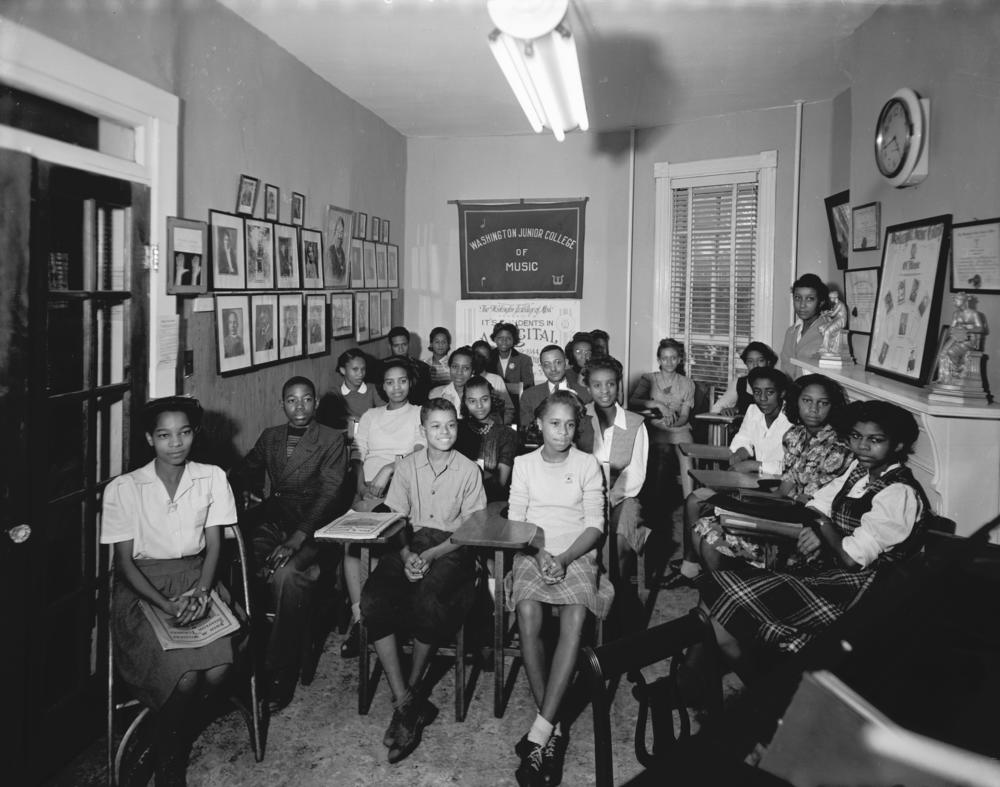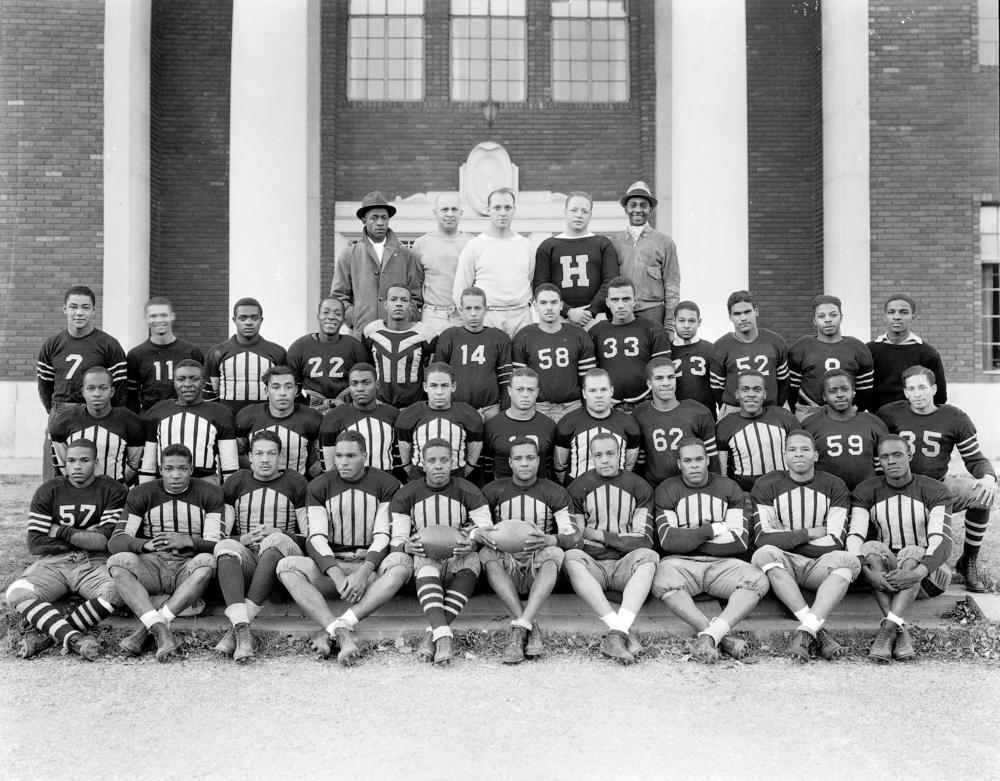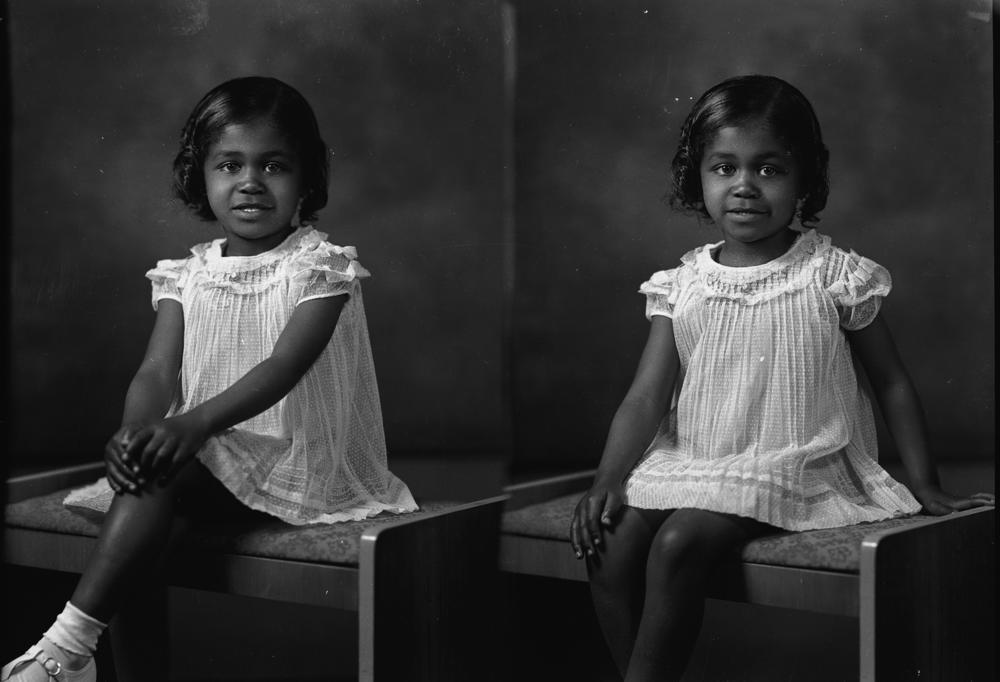Section Branding
Header Content
Songs For Freedom: A Juneteenth Playlist From Pianist Lara Downes
Primary Content
Let's sing a song for freedom this Juneteenth. Let's lift every voice. Let's celebrate our freedom of will, of mind, of spirit — our freedom to march on. We know that this march isn't over, this fight isn't won.
The past has taught us a thing or two about faith; the present has brought us, at last, some hope for tomorrow.
For me, music offers freedom. Freedom of expression — my way to rejoice and to mourn, to offer comfort, to call for change. This past year, music freed me to connect and communicate, even in isolation. Music echoes back to me the sorrows and struggles of our ancestors, and also their triumphs — every battle won, every bridge crossed, every burden lifted. Music brings back my own memories: of riding high on my father's shoulders at a freedom march; of my parents' hope and faith, the work they did so I could do mine. Music inspires me to keep going, to meet this new day that's just begun, to greet the sun rising out of the darkness.
Here are some songs I've chosen to mark this day of remembrance, reflection, and rejoicing. I hope they give you courage and comfort, faith and hope.
Let freedom ring.
Duke Ellington: New World A-Comin'
In 1943, Duke Ellington had a vision. The global fight against fascism offered a promise, a new world in which oppression and inequity would be a thing of the past, where there would be no war, no corruption, no categorization — a world of peace and unconditional love. When I play this piece at the piano, I can feel in his notes under my hands the possibility of that new world, a-coming someday.
Sam Cooke/Lara Downes: A Change Is Gonna Come
This song has been part of my life's soundtrack for as long as I can remember. But I'm hearing it differently now, with a new understanding that change only comes when we bring it. When millions of us come together to march for justice; when we vote, standing in line for as long as it takes; when we're intentional in our everyday actions, no matter how small. All my faith in us went into my new take on this old song.
Wynton Marsalis: Democracy Suite/Be Present
Here's what Mr. Marsalis said to me recently about being present: "You play to improve yourself, then the group, the audience, the culture ... You have to fight for your vision and dream of the world, and make that be the reality." This from an artist who leads that good fight with every note he plays.
William Grant Still: Symphony #2 - Song Of A New Race
At a time when migration was transforming Black life in America — reshaping identities, and destinies – William Grant Still translated that metamorphosis into sound, writing music to position Black art in a cultural space of its own definition. I think we're living a similar shift today, a creative flowering, a renaissance. A new day begun.
Adolphus Hailstork: Fanfare on Amazing Grace
It gave me chills when this piece was played at the Presidential inauguration ceremony this January, just days after the U.S. Capitol had been the scene of violence and mayhem. It was so cathartic to hear this gracious, loving fanfare based on a song about redemption and forgiveness, written by a composer who has 80 years of American life behind him, a witness to our constant cycles of wrongdoing and redemption.
When New Yorkers took to the streets last summer, marching for Black lives, Jon Batiste led their way with freedom songs like "We Shall Overcome" and "Down by the Riverside." The protesters lifted their voices, and earth and heaven rang with the sound of change in the making. He gave those gatherings a name: "We Are." It's now the title of a new album that celebrates freedom in the best way possible, by claiming the right to absolute, unbridled, infectious joy.
Harry Belafonte: Turn the World Around
When I was growing up, Harry Belafonte held godlike status in our house. My parents revered him. It was the voice and the looks and the unparalleled elegance, but mostly it was his commitment to being so fully present in the fight for social justice and change. He came early to the civil rights movement, as one of Dr. King's closest confidants, and he has stayed in the fight ever since. Looking back, his presence must have sparked something in me — the beginning of a vision for a life in music that would realize my own little efforts to turn this world around.
Jeff Scott/Imani Winds: Startin' Sumthin'
Jeff Scott's Startin' Sumthin', for the Imani Winds ensemble, is a beautiful example of lineage and legacy, the evolution of a tradition and the passing of a torch. It's Jeff's modern take on ragtime with, in his words, "an emphasis on ragged!" As music travels down through the generations, we are continuously making something new from something old.
Rhiannon Giddens: Freedom Highway
Rhiannon Giddens walks her own freedom highway, a musical path that follows her curiosity and leads to vast and unexpected panoramas. Since we became friends and creative collaborators, my own courage to take the road less traveled has been supported by her companionship and coexistence — and the going has gotten so much easier. We both are acutely aware of whatever signposts we are leaving for the next generation, as we're grateful for the markers our ancestors left to show us our way.
- Lara Downes, host of Amplify
What's The Story Behind These Photos?
The photographs accompanying Lara Downes' Juneteenth playlist are from the Scurlock Studio, the Black-owned Washington D.C. based photography business founded by Addison Scurlock in 1904. The studio, run by Addison and his two sons, George and Robert operated in Washington until Robert's death in 1994.
The Scurlock's documented almost all the activities of Black Washington, weddings, graduations, baptisms, business meetings and beach outings. They also covered the comings and goings of celebrities like Billie Holiday, Sidney Poitier, Duke Ellington and Howard University's Dr. Charles Drew.
For almost a century, the Scurlock Studio utilized their cameras and their access to document the Black community in all its many facets; presenting a nuanced view of Black culture in 20th century Washington.
The work of the Scurlock Studio is now part of the Smithsonian Institution and is collected in the book, 'The Scurlock Studio and Black Washington: Picturing the Promise'.
Special thanks to David Haberstich at the Smithsonian National Museum of American History for his photo research.
Copyright 2021 NPR. To see more, visit https://www.npr.org.
